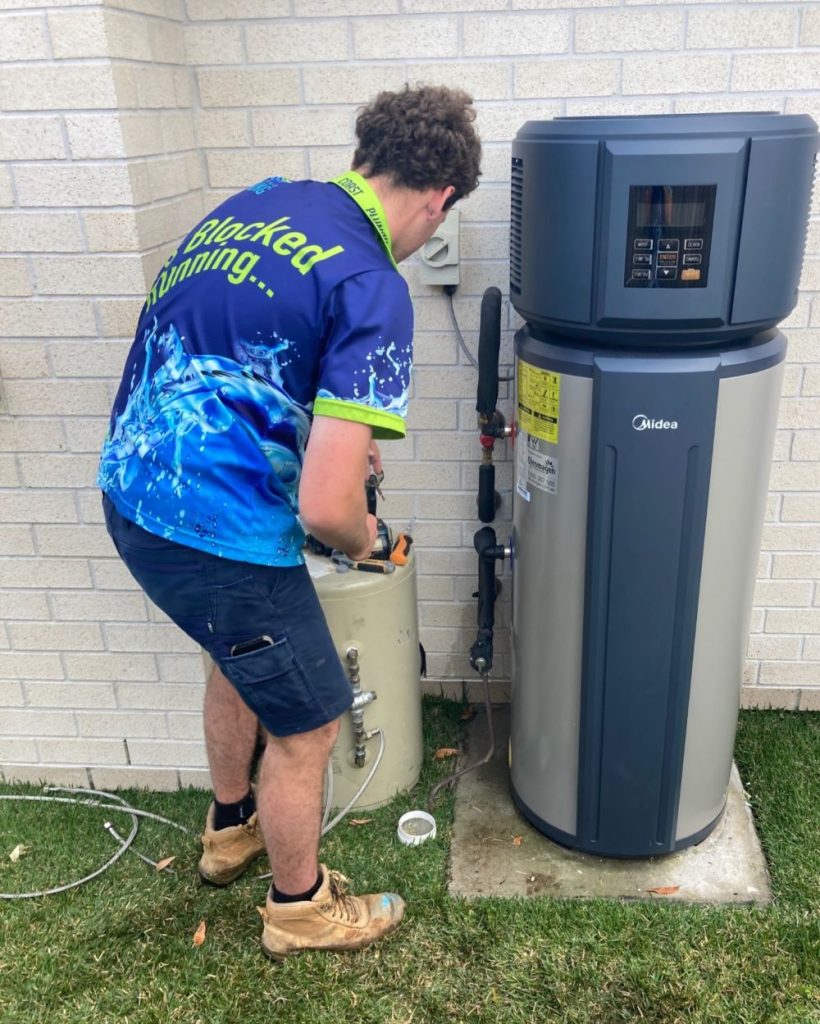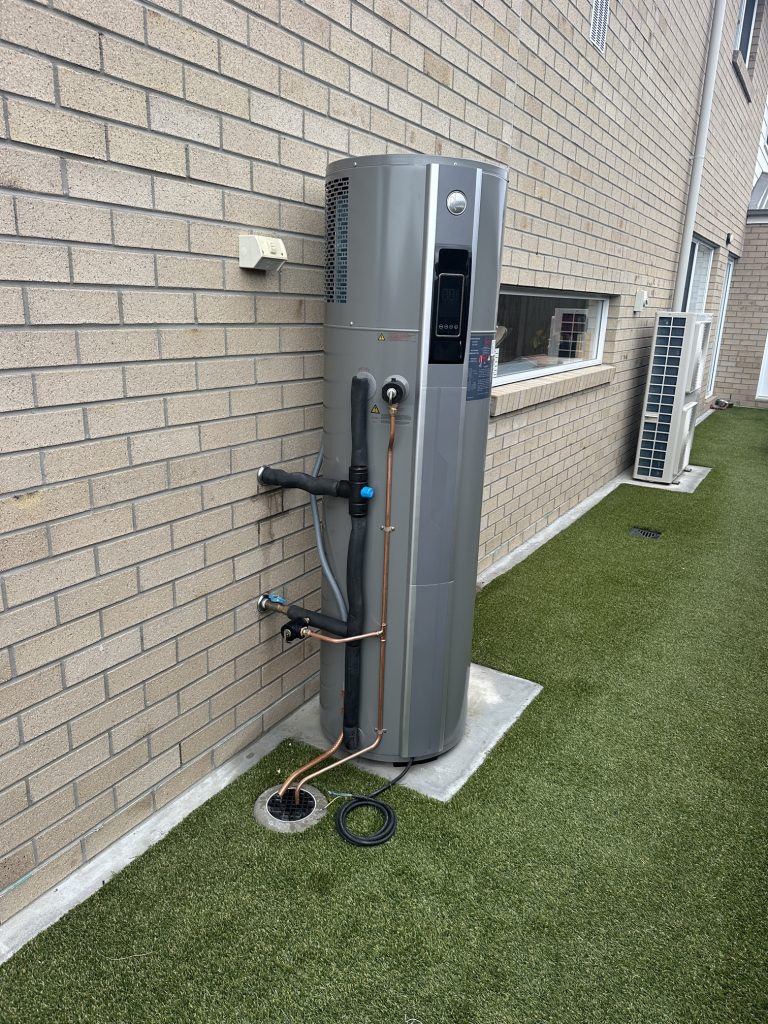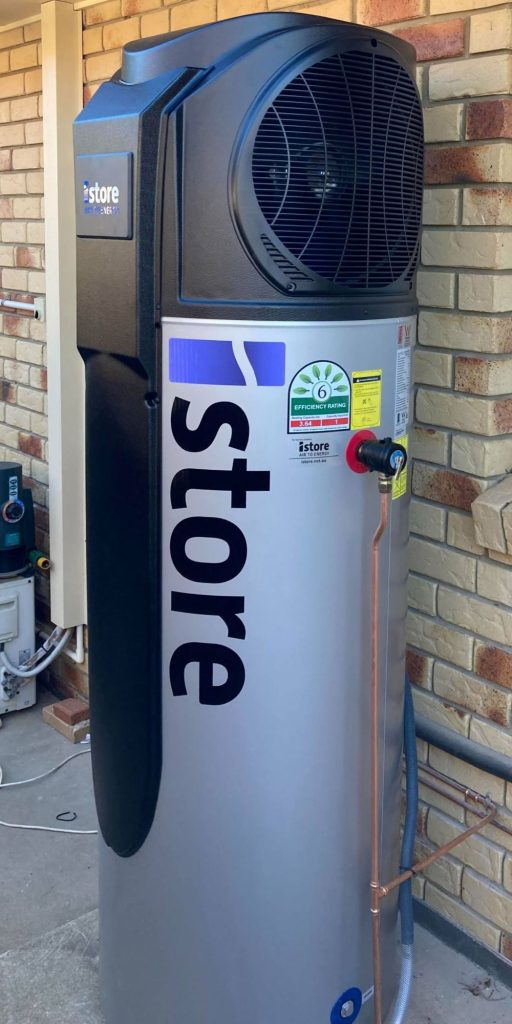Understanding the Unique Challenges of Selecting Hot Water Systems in Queensland’s Climate
When it comes to choosing the ideal hot water system for your home in Queensland, the process involves more than just picking a reputable brand or assessing the capacity of the tank. It requires a thorough evaluation of various factors that can greatly influence the system’s performance, such as the local climate, humidity levels, electricity tariffs, and your household’s specific hot water consumption patterns. With escalating energy prices, many households are shifting towards heat pumps for their enhanced energy efficiency and sustainable operation. However, it’s essential to understand that these systems may not fit every type of property. Therefore, a detailed analysis of all relevant elements is necessary to ensure the optimal performance and longevity of your hot water solution.
This article delves into how heat pumps can operate effectively in Queensland’s varied weather conditions, pinpoint which residences can benefit the most from these advanced systems, and dispel widespread misconceptions that could lead to suboptimal performance or misguided choices.

Enhancing Heat Pump Efficiency in Coastal Queensland Conditions
Heat pump water heaters work by extracting thermal energy from the surrounding air, and their efficiency significantly improves as air temperatures rise. In the coastal regions of Queensland, particularly in sought-after areas like the Sunshine Coast, Brisbane, and the Fraser Coast, average air temperatures seldom drop below 5°C, even during the winter season. This stable warmth enables heat pumps to function efficiently year-round without requiring electric boosting or additional heating elements, which are necessary in cooler climates. By harnessing this natural energy, homeowners can significantly reduce their energy bills and minimize their carbon footprint.
Essential Environmental Factors That Enhance Heat Pump Efficiency
| Environmental Factor | Effect on Heat Pump Performance | Coastal Queensland Efficiency |
|---|---|---|
| Average ambient temperature | Higher temperatures lead to more efficient operation | ✓ Consistently above 5°C |
| Humidity levels | Moderate improvements in efficiency | ✓ Generally high and stable |
| Access to off-peak electricity | Results in lower operational costs | ✓ Widely available across most areas |
| Roof shading | Not a major factor | ✓ No adverse impact on system performance |
| Direct sunlight exposure | Not essential for operation | ✓ Functions efficiently even in shaded areas |
Identifying Conditions Where Heat Pumps May Underperform
Despite the numerous advantages that heat pumps offer, there are specific scenarios in Queensland where their performance may not meet expectations:
- Inland or elevated regions
In locations such as Toowoomba or the Hinterland, nighttime temperatures can drop significantly during winter months. In these cases, certain heat pump models may struggle to maintain their optimal efficiency without the support of an auxiliary heating element, leading to higher energy consumption and utility costs. - Constrained or poorly ventilated outdoor areas
Heat pumps require adequate airflow around their compressor units for efficient operation. In tight or enclosed spaces, the efficiency of heat extraction may diminish, and operational noise could increase, potentially causing disturbances for nearby residents. - Large households with high hot water demands
In homes accommodating more than six individuals, systems designed for larger water storage or faster recovery times, such as solar-boosted gas systems, may be more effective in meeting the substantial hot water requirements efficiently.
Addressing Common Misunderstandings About Heat Pumps in Queensland
“They lose effectiveness during winter.”
This misconception may hold true for colder southern regions; however, it does not apply to Queensland. In areas where average temperatures consistently remain above 5°C, heat pumps retain their efficiency throughout the winter months, delivering reliable hot water solutions even when temperatures dip.
“Solar panels are mandatory for heat pump functionality.”
This statement is misleading. Heat pumps can function independently of solar photovoltaic (PV) systems, although integrating them with solar energy can further enhance your energy savings and sustainability.
“Heat pumps are excessively loud and disruptive.”
Modern heat pump systems are engineered to operate much more quietly than their older counterparts. When properly installed in well-ventilated areas, the noise produced by the compressor unit is usually minimal, allowing for a comfortable living environment.
Best Practices for Optimizing Heat Pump Installation and Performance in Queensland
- Choose a system specifically designed for Australian conditions
Select models that offer high-efficiency ratings and robust local support, such as istore or Stiebel Eltron, which are recognized for their exceptional performance in the Australian climate. - Install in a well-ventilated yet shaded location
While heat pumps do not require direct sunlight, they must have adequate airflow around them for optimal functionality. - Utilize timers or smart controls
By scheduling the system to operate during periods of solar energy production or off-peak electricity hours, you can significantly improve energy savings and reduce overall costs. - Select the correct system size
A storage capacity of 250–300 litres is generally adequate for the needs of most families. An undersized system may lead to performance challenges and increased reliance on boosting mechanisms, ultimately raising energy consumption.
The Importance of Local Expertise for Successful Heat Pump Installation
The successful installation of a heat pump necessitates a tailored approach to ensure the best results. The most effective outcomes are achieved through collaboration with a local plumber who has expertise in:
- Performance customized to local climatic conditions, ensuring optimal energy efficiency
- Access to rebates such as Small-scale Technology Certificates (STCs) and various Queensland government incentives aimed at promoting energy efficiency
- Optimal placement and ventilation strategies for enhancing system performance
- Integration with solar PV systems or battery storage solutions, if relevant, to maximize energy efficiency
At Creek to Coast Plumbing, we specialize in providing and installing high-performance hot water systems, including heat pumps, throughout the Sunshine Coast and Moreton Bay regions. Our dedicated team is committed to helping you identify the best hot water service tailored to your specific needs. As the demand for energy-efficient hot water solutions grows, many individuals are weighing the benefits of solar options against those of heat pumps. We will examine the unique conditions of your home, recommend the most suitable system, and ensure you are set up for maximum efficiency.
Discover more about our Heat Pump Hot Water Installations or reach out to us for a personalized recommendation tailored to your individual requirements.
The Article: Heat Pumps in Queensland: Effective Solutions and Pitfalls first appeared on https://writebuff.com
The Article Heat Pumps in Queensland: Benefits and Challenges Explained Was Found On https://limitsofstrategy.com



